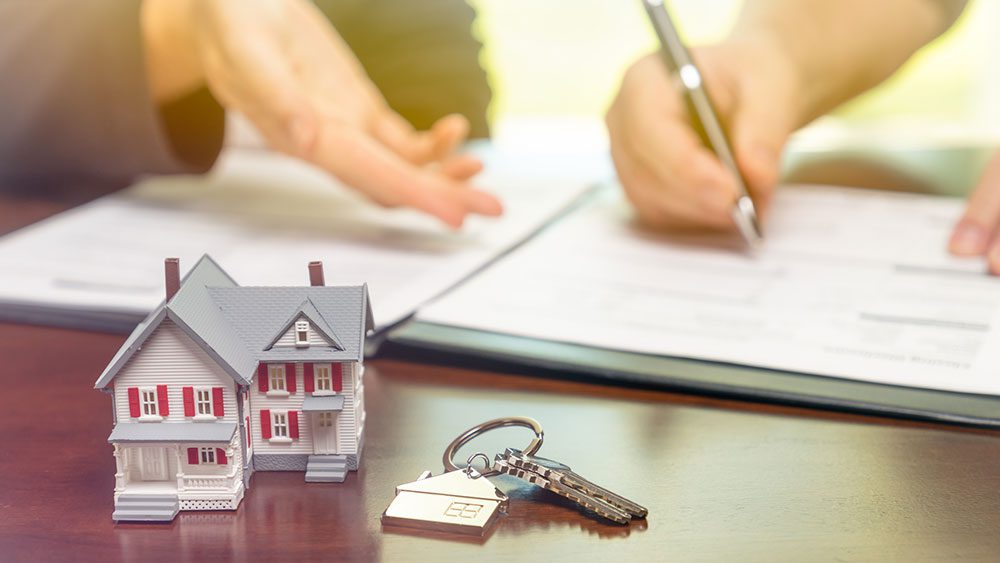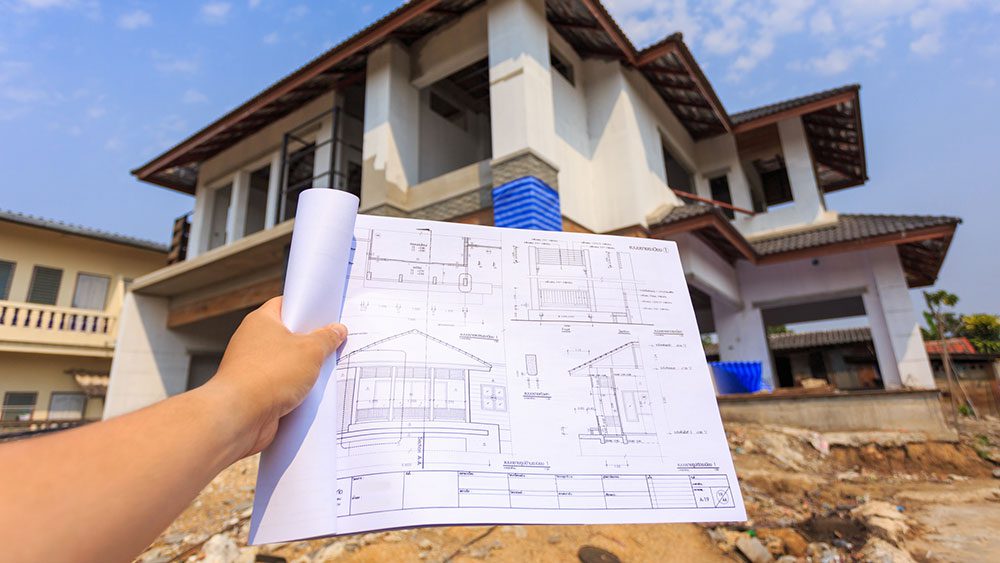Closing on a new house can be one of the most exciting days of your life. But before you get the keys, you’ll need to sign several documents at the closing table. So, here’s what to expect on your big day.
What Are Closing Costs?
Closing costs are the fees and expenses buyers and sellers pay over a property’s selling price. Typically, closing costs are a percentage of the home’s purchase price and can include:
- Appraisal fee. Lenders require an appraisal to ensure the house is worth the sale price and your loan amount is correct.
- Credit report fee. Your lender will pull your credit report one more time before closing.
- Origination fee. Typically, 0.5 to 1 percent of the loan. This fee covers the lender’s administrative costs.
- Recording fee. Paid by either the buyer or seller, this fee pays the local municipality to record the transaction and make it official.
- Title search fee. This payment goes to the settlement agent who handles the search and transfer of the property’s title.
- Transfer taxes. This local or state tax is a percentage of the property value.
- Underwriting fee. This fee covers administrative costs. The underwriter makes the final decision on your mortgage approval.
How Much Does It Cost to Close On a House?
Closing costs vary widely from state to state but range from two to six percent of your loan amount, with smaller percentages for larger loans. For example, the Washington, DC area has the highest average closing costs at $30,352, and Missouri has the lowest, at $2,101. In 2021, the average closing costs, including taxes, for a single-family home were $6,837.
A “no-cost mortgage” is when the closing costs are rolled into the mortgage. So, you pay nothing at closing, but you pay interest on the now higher mortgage amount.
How Long Does It Take to Close On a House?
The type of loan determines the length of time it takes to close on a house. For example, VA loans take the longest at an average of 56 days; FHA loans take 50 days, and conventional loans take 48 days. So, the average time to close on a new home is 52 days.
Understanding Your Closing Documents
Standard closings include closing documents that could contain upwards of a hundred pages, including:
- The loan estimate and the closing disclosure contain the details of your loan’s terms, interest rate, and closing costs. You should receive the closing disclosure about three days before closing to compare it to the loan estimate.
- The initial escrow statement contains any payments the lender will pay from your escrow account during the mortgage’s first year, including taxes and insurance.
- A mortgage note is your promise to repay the mortgage and sets out what the lender can do if you fail to make payments.
- The mortgage or deed of trust secures the note. It also gives the lender a claim against your home if you do not comply with the mortgage note terms.
- A certificate of occupancy is your “entry permit” when buying a newly constructed house.
What Happens on Closing Day?
On closing day, the closing agent makes sure all documents are signed and transfers ownership of the property from the seller to you. Funds are transferred from escrow, and the title company registers the new deed in your name.
Get Your Keys
Getting the keys to your new home is the final step of the closing process and one of the most rewarding. All that’s left is to make sure you’ve organized all the closing documents and then store them in a safe place. If you opted to purchase a home warranty, keep the paperwork assessable if covered repairs are needed.
Congratulations—enjoy your new home!
© 2024 xpertRealtyMarketing.



